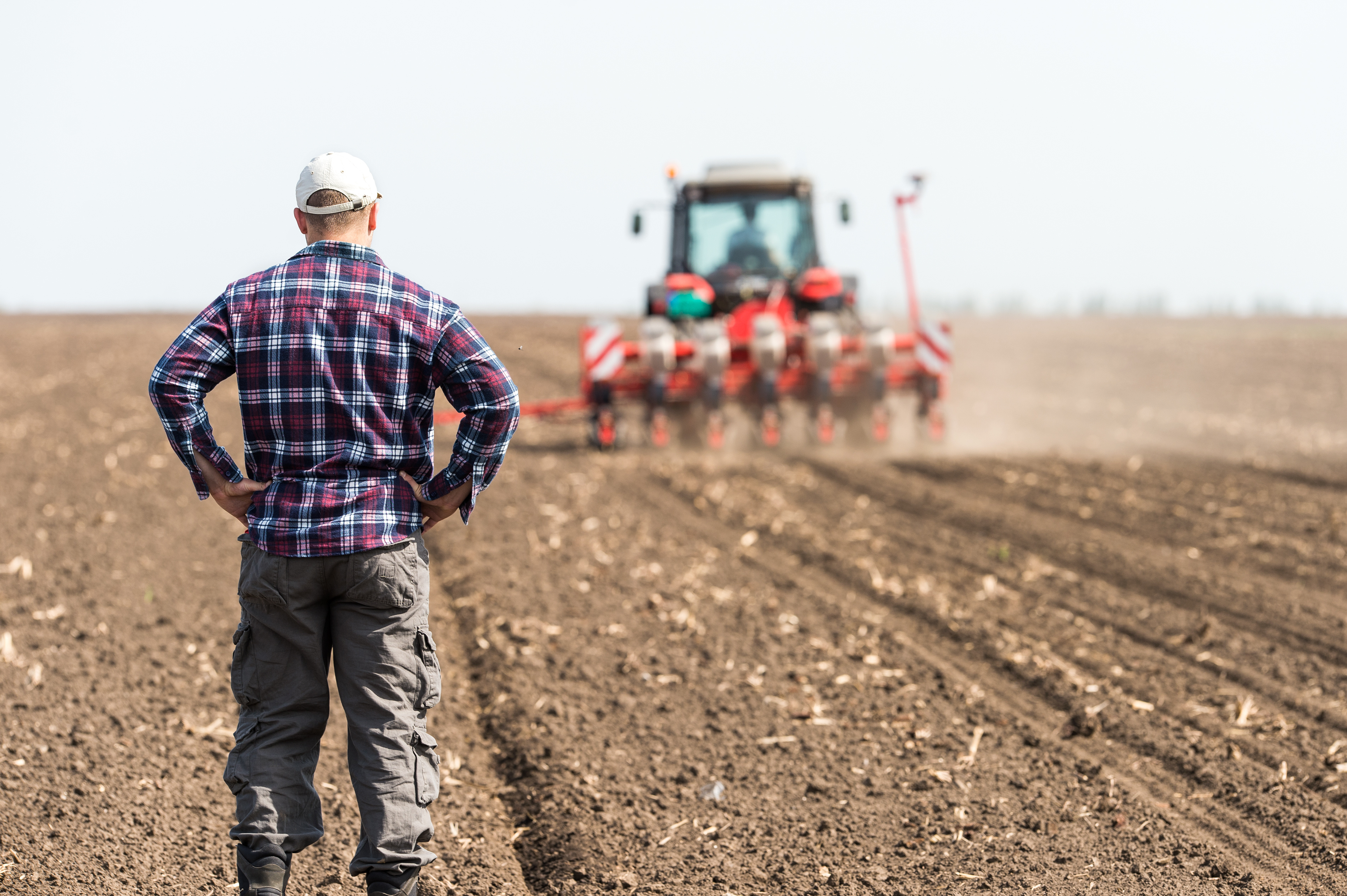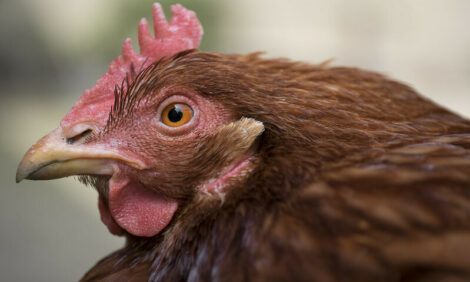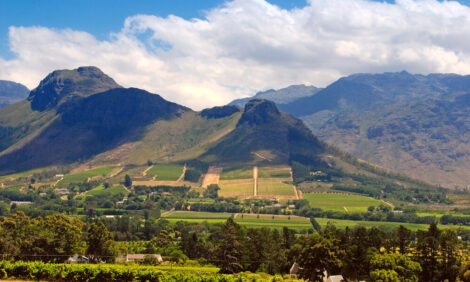



New coronavirus aid scheme for European farmers and fisherman announced
The European Commission proposed this week (2 April) a package of measures to soften the impact of the coronavirus pandemic on the EU economy, including a short-time work scheme and easier access to funds for farmers and fishermen.The Commission expects the EU to go into a deep recession this year because of the coronavirus (COVID-19) outbreak, which has slowed economic activity to a crawl across the 27 members states, Reuters reports.
“The depth and the breadth of this crisis requires a response unprecedented in scale, speed and solidarity,” the EU executive said in a document outlining the measures.
To prevent firms from laying off workers when there is not enough work, the Commission proposed that all EU countries adopt a German scheme under which employers cut working hours, not jobs, and the government pays for the difference in salaries, so that workers retain their spending power.


“(It) can benefit all the member states who want to use it,” Commission president Ursula von der Leyen told a news briefing.
To finance the plan, the Commission would borrow 100 billion euros on the markets against 25 billion euros in EU governments’ guarantees using its triple-A rating. It would then lend the money cheaply to member states, many of which have lower credit ratings.
Once asked by a government for help with wage subsidies, the Commission would verify how much extra that country was spending on the scheme and decide the terms of the loan, including the amount, the maximum average maturity and pricing.
A Commission proposal for a loan would then have to be approved by EU governments.
Farmers, fisherman and development
The Commission also proposed to increase cash advances to farmers under the EU’s Common Agriculture Policy and give them more time to apply for support.
It would pay up to 75 percent of compensation to fishermen under the European Maritime & Fisheries Fund for any temporary loss of work, with the rest being met by national governments. Similar help will be available to salmon farms and similar businesses.
“These measures will help protect thousands of jobs in the EU’s coastal regions and maintain food security,” the EU’s Environment Commissioner Virginijus Sinkevicius said.
The Commision also proposed waiving any national co-financing normally needed when countries get EU money to build infrastructure projects such as motorways and bridges, making the projects fully paid for by the bloc. Money can also be moved.
“This is an unprecedented move which reflects the need for Member States to use all available means to support their citizens at this moment,” the document said.
The proposed measures, which still need the approval of the European Parliament and EU member states, will apply retroactively from 1 February and will be available till 31 December.
Member states disagree over how much help should be provided at the EU level to offset the economic impact of coronavirus.
Hard-hit southern nations such as Italy have called for the issuance of joint debt but the fiscally conservative north has urged more restraint in rolling out targeted aid schemes.










